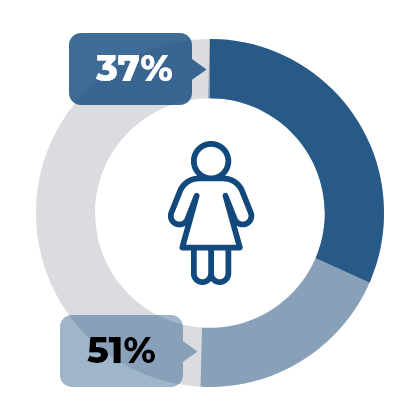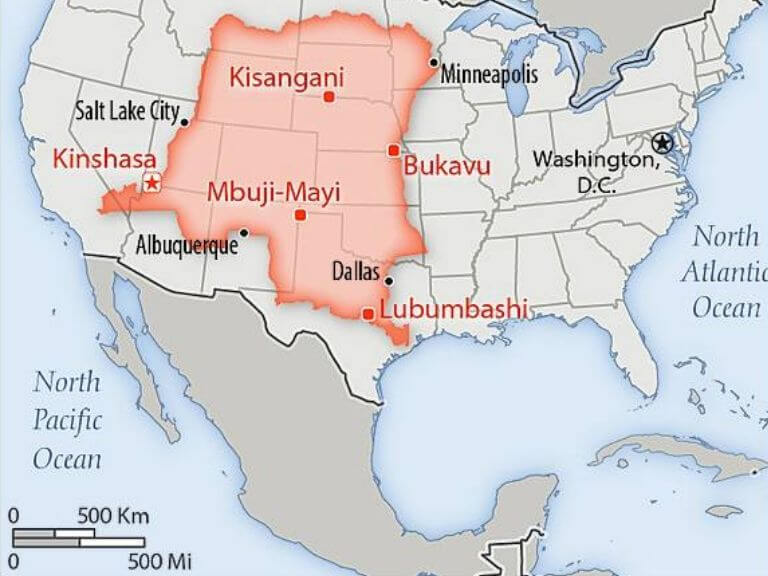Democratic Republic of the Congo
Rates of sexual violence in DRC are alarming. Though reliable data is scarce, a comprehensive 2011 study places the figure between 1.69 and 1.8 million women having been raped in their lifetimes. As is the case globally, survivors of sexual violence often do not report or seek services. Of those who do seek services, it is estimated that 75% in DRC decline reporting their assaults to police. This number is likely higher in conflict settings, such as in Eastern DRC where illicit mining of conflict minerals has funded armed groups that commit widespread human rights abuses, including mass rape.
Infrastructure challenges exacerbate the hardships survivors face. Decades of underfunding and neglect of the government healthcare sector and ongoing conflict in Eastern DRC has reduced access to medical care, generally.
Organizations such as the Panzi Foundation and HEAL Africa provide comprehensive care in Goma, Bukavu, Kinshasa, and in rural clinics. This includes medical care, psychosocial support, legal assistance, and social reintegration. Panzi alone has treated over 68,000 survivors in Eastern DRC since it was established in 1999.
Despite the Tshisekedi administration’s “Tolérance zero” initiative, health services and post-rape care in DRC are virtually nonexistent. Lack of infrastructure also affects the ability for survivors to seek justice—there is no working forensic DNA lab in DRC, and the use of forensic DNA evidence has only been successfully used in cases in which an NGO partner provided direct material and logistical support.
Violence against women in Democratic Republic of the Congo

51% of ever-partnered women have experienced physical &/or sexual intimate partner violence, with 37% of those women having experienced this violence in the last 12 months.
Source: United Nations Global Database on Violence against Women
Country Size Comparision

Source: The World Factbook 2021